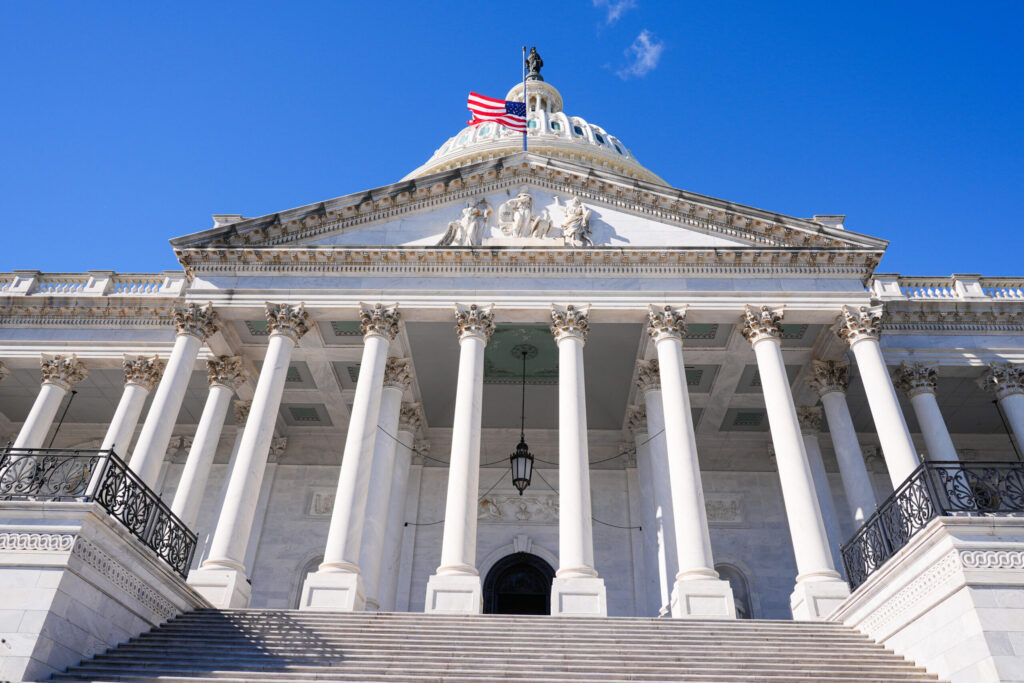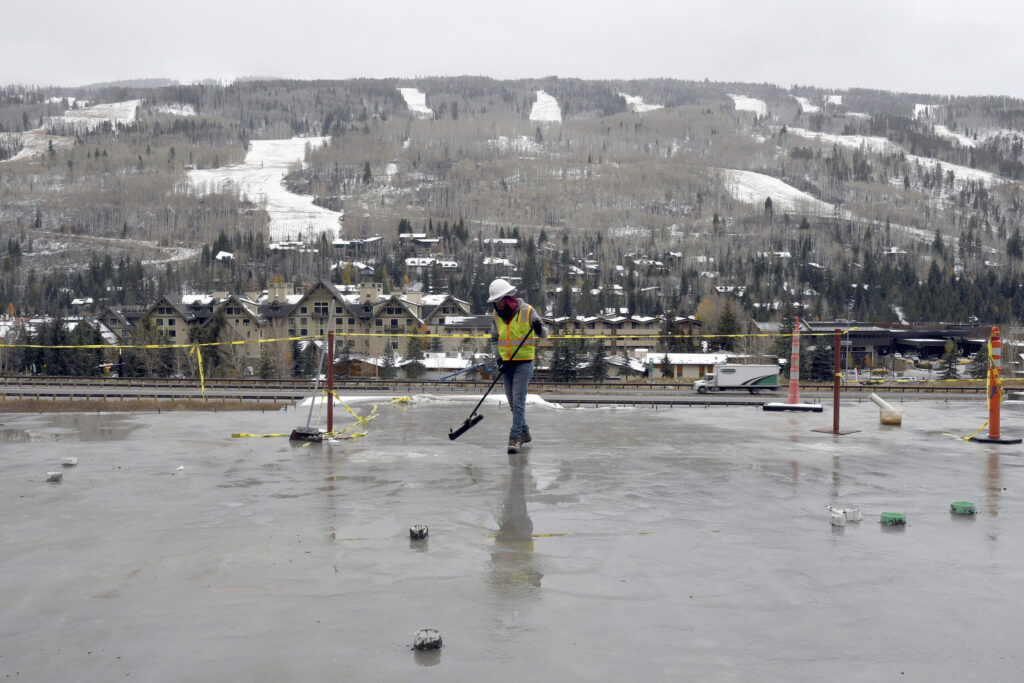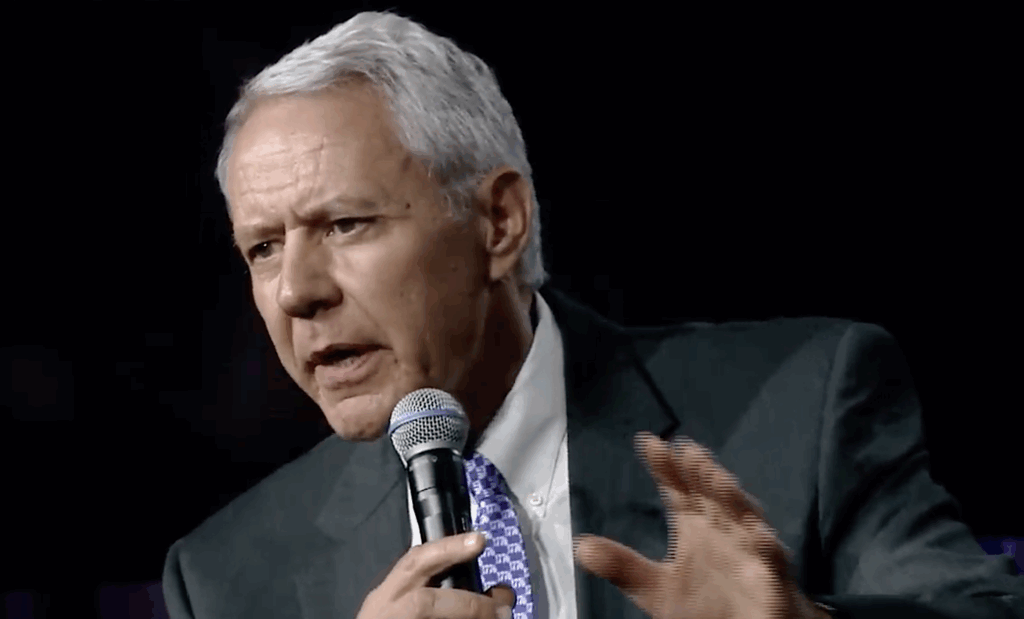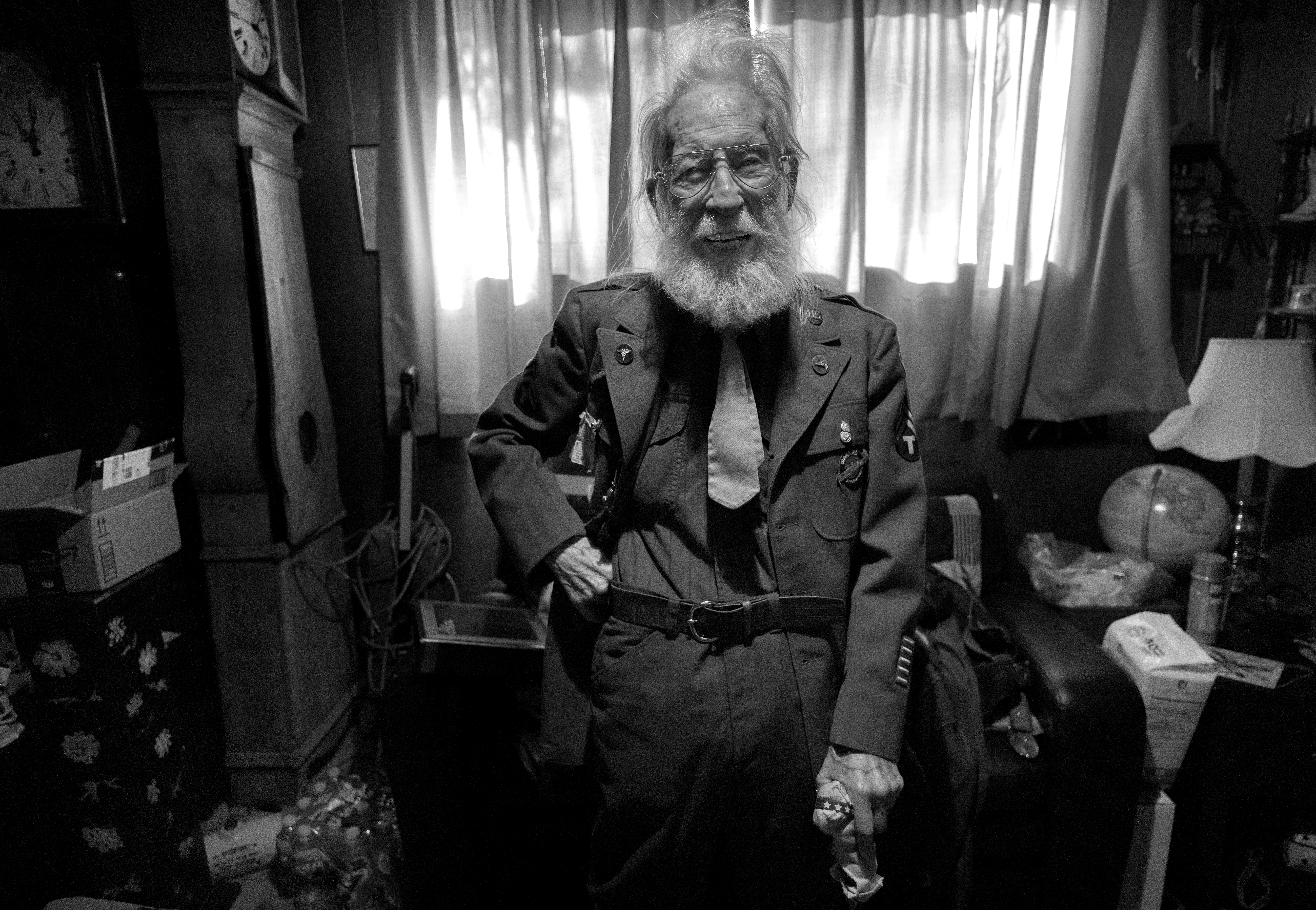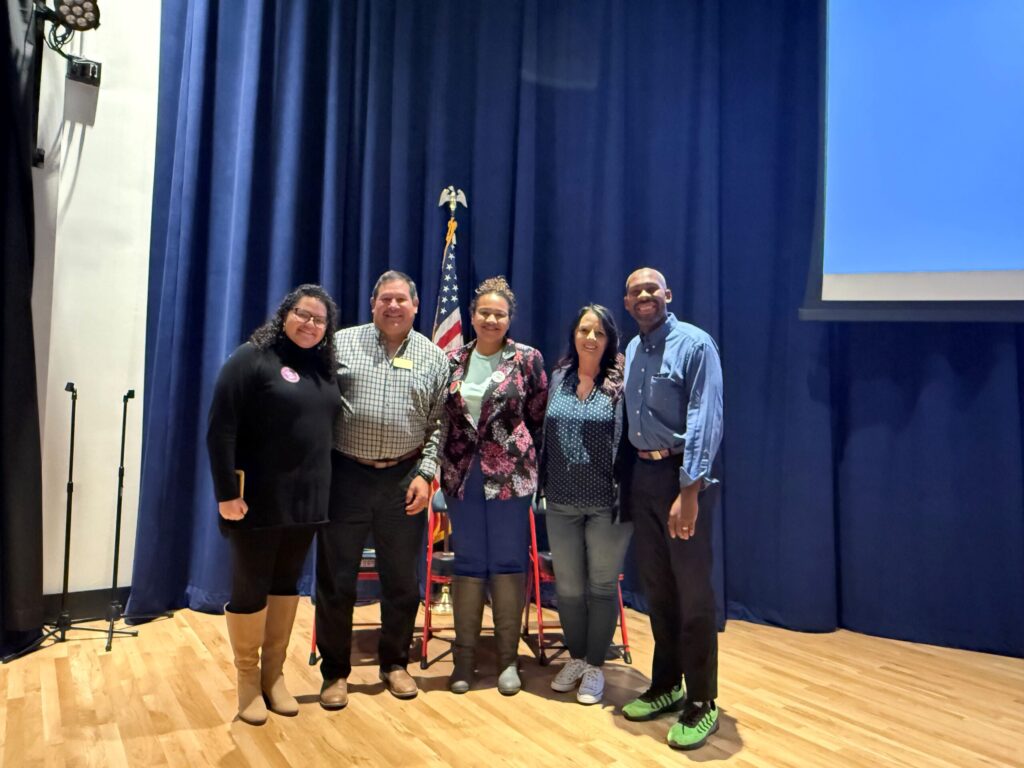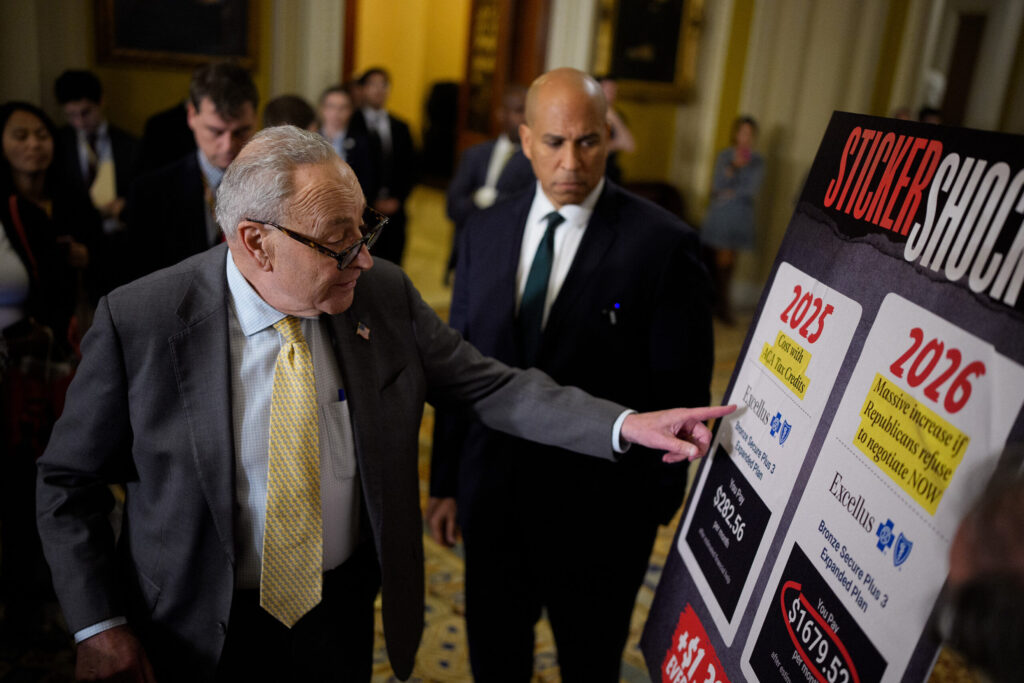Boulder, Xcel plow through utility ‘separation’
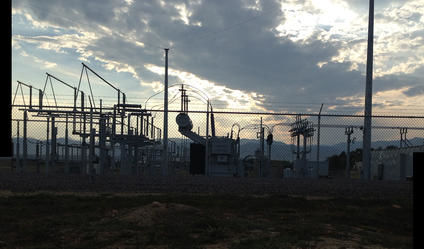
BOULDER – Members of the state’s Public Utility Commission on Wednesday agreed to let five additional groups “intervene” in a case that involves this city negotiating to buy Xcel Energy’s local power-distribution equipment as part of a voter-backed effort to run a clean-energy-sourced municipal utility.
Interveners in the PUC case can file to receive related confidential records, review and offer evidence, cross-examine witnesses and file their own testimony. There are already four approved interveners, so there was some minor rumbling among people watching the case that suggested any more would only mean trouble for the city – more gum in the works, more paperwork, more hearings. But Heather Bailey, Boulder’s executive director of energy strategy and electric utility development, didn’t see it that way.
“Yes, the commission let them all in – and that’s a good thing,” she told The Colorado Statesman. “We didn’t oppose it. Folks want to participate and I think they have to participate. That’s what we want.”
Boulder voters in 2010 first approved exploring a municipal takeover of the city’s electrical system – dubbed municipalization – with an aim to scrub the city of dirty power and endow residents with clean electrons. It isn’t uncommon for cities to operate their own power utilities – Longmont and Gunnison have been doing it for more than 100 years – but it’s uncharted territory to take over a system in this century, and the journey has been both lengthy and rough.
The list of interveners in the case now includes Xcel Energy, the Colorado Office of Consumer Counsel, the Utility Commission staff, the Boulder Chamber of Commerce, the University of Colorado, IBM, Climax Molybdenum Company and a group of local residents called Leave BoCo Out, short for Leave Boulder County Out.
Wednesday’s hearing was a brief, humdrum chapter in the Boulder municipalization story. The action took place in a government meeting room among people in suits who shuffled papers with descriptions of substation high-side transformers, switchgear buildings, 13,000-volt busses, main-feeder breakers, copper ground grids, conduits and transmission lines and poles. It was over fairly quickly and won’t win much coverage, but it’s part of an enormous unfolding story about the future of energy and about another major twentieth-century industry in transition.
PUC spokesman Terry Bote called the hearing “procedural” and let out a short laugh before adding that in mid September the commission would be considering arguments related to Xcel’s request to dismiss altogether Boulder’s proposal to acquire the company’s power equipment. His tone clicked up a half notch with that news, then it dropped again. “After that, there will be more procedural questions about hearings… We’ll be working for quite a while on this case.”
He means another year at least. Boulder estimates the PUC process will be completed by next summer. Then there comes a series of court chapters. The city would file its equipment-acquisition plan with a district court after the PUC hearings conclude. It estimates the district court proceedings would wrap up in late 2017.
Outside the city, inside acquisition territory
The sound of electricity crackles above the Niwot energy substation. Dark wires run away from it in a line against the sky along 75th Street parallel to the dark blue Rocky Mountain foothills in the distance. A steady stream of bikers in Spandax ply the lanes on either side of the road as the sun dips. Rows of what look like giant robot arms from a 1950s sci-fi movie point at the sky behind metal fencing plastered with “Keep Out” signs. There’s a low murmuring coming out of the cage but no movement.
Two miles away the Gunbarrel substation is similarly pointing and murmuring. It sits outside IBM’s enormous squat office park. The site is scrubland, sandy, pocked with holes and alive with prairie dog yelps. A large dark bird surveys the fields and then lands on one of the high substation poles. Clouds race across the sky.
These Boulder County tracts lie mostly outside the boundaries of the city but they are included in what parties to the negotiations call “the acquisition land.” The latest utility plan would see the city take possession of much of the energy infrastructure in city buffer zones like this, including these two substations. But Xcel would continue to be the power provider to residents, sharing use of the lines and the metering and communications equipment.
This is territory claimed by the Leave BoCo Out group, which opposes municipalization. The group was officially formed this year, but some of its members have been wary of the municipalization movement as it has developed this decade. The group has become a powerful organizing force on the issue, and the municipalization plan would be complicated if the city were prevented from acquiring the area substations and distribution equipment.
Leave BoCo Out spokesman Mike Dorsey lives in the Gunbarrel-area buffer zone. He says he doesn’t trust Boulder to deliver power as reliably and cheaply as Xcel is delivering it now. Some 7,000 residents of the buffer zone never got to cast ballots in any of the three city elections stretching back to 2010, in which the municipal utility question was advanced.
“I’ve met with the city people. We’ve held town meetings. Heather Bailey came to one and spoke… But they haven’t addressed our concerns. They’ve changed their answers,” he told The Statesman. “Now they’re proposing that, basically, we’ll get a bill from Xcel. But it’s Boulder that will own all the equipment, even down to the meters on our houses.”
Earlier this month, members of the PUC turned away Leave BoCo Out’s initial request to intervene in the case, saying the commission wanted to know more about the group before deciding. Supporters of the Boulder municipalization plan would like to know more about the group, too.
There’s no official membership list, but Dorsey says the group has roughly 50 regular members and that 600 people sent support letters in May. He adds that in 2013, more than 2,000 Gunbarrel residents wrote or signed letters to the PUC asking not to be made customers of the municipal utility.
Still, in the age of a million fake grassroots political organizations, observers are wary. Xcel has been deeply opposed to municipalization and has been caught in the past appearing at least to have coordinated with local groups behind the scenes to foment opposition. The company has spent millions opposing the municipalization drive and has repeatedly demonstrated its willingness to spend big on politics in Colorado. The Colorado Springs Gazette reported this week that Xcel was the single biggest-spending special interest at the State Capitol this year, dropping nearly $206,000 this spring on lobbyists.
And all that Xcel money has raised eyebrows over the fact that Leave BoCo Out has hired top-flight energy attorney Ray Gifford of Wilkinson Barker Knauer LLP to represent it at the PUC. Gifford is known less for his work with grassroots activists and more for his work with Peabody Energy, the nation’s largest coal producer, and for being former chairman of the PUC he is now arguing before.
Dorsey says his group is paying Gifford with donations.
“We have a contract with Ray,” he said. “We won’t be participating too much in the PUC hearings, so he won’t be logging a lot of hours, and we’re getting close to paying him. We’re not there yet, but we’ll get there.”
Xcel spokeswoman Michelle Aguayo said the utility’s relationship with Leave BoCo Out group is no different than with any other of Xcel’s customers.
“Xcel Energy has provided information upon request, to businesses and citizens who are following the city of Boulder’s municipalization efforts, including Leave BoCo Out,” Aguayo told The Statesman. “This is consistent in how we communicate with all our customers regarding a number of issues they find important.”
Bailey sees the opposition in the Gunbarrel buffer zone as mostly about demographics. She says she has met with many supporters of municipalization in the area.
“The opponents tend to be older people,” she says. “Their priority is reliable rates, and they’re concerned and stirred up and kind of anti-City of Boulder. The other group is more younger people, people in their 30s and 40s, you know, who – the climate issue matters more to them. They see the issue differently.”
She says the Gunbarrel substations aren’t a specific concern for the city but are part of the larger question about how best to share resources.
“We want to share as much of the distribution equipment as possible,” she said. “We only need some of the equipment. All across the country, energy providers share equipment, they co-locate stations. It would be odd, I think, if the PUC told us to build our own substations. It would be redundant. It’s inefficient.”
Utilities versus batteries
In a speech last May, PayPal-Tesla billionaire Elon Musk unveiled his Tesla Energy Powerwall and Powerpack home- and utility-level batteries. He said next-generation energy storage is the key to the renewable energy future, where power can be saved and shared house-to-house, town-to-town as it’s needed, without massive carbon output, energy fluctuations, costly infrastructure and power plant development and maintenance. “When I say [this technology] is scalable, I really mean scalable,” he said, speaking in California. “We can do gigawatt installations with the Powerpack. The whole system is designed for that scalability. So we could power a whole small city, like Boulder, with a gigawatt-class pack, and we can keep going.”
An image of downtown Boulder lit up at night appeared on the screen behind him. Then came an image of the electrified nighttime United States as seen from a satellite.
The image of Boulder and then of the country wasn’t incidental. The Boulder municipal utility project is about more than poles and wires and substations. The city leaders and their supporters see it as a way to get out ahead of the coming shift in the energy business. They want to seize upon changes in attitudes about fuel sources and energy use and upon innovations in technology taking place in Boulder and beyond.
Steve Fenberg is campaigning to represent Boulder in the state Senate as a Democrat. He is director of youth-politics organization NewEra Colorado, one of the groups that has spearheaded the drive toward municipalization, and he has long championed the fight for a new kind of utility as a very big deal.
“This isn’t just about Boulder,” Fenberg wrote in an email. “This is about doing something significant to help advance the energy revolution already taking place.
“Boulder can be a laboratory – both from a policy and technological perspective – to further innovate on local energy storage, distributed solar, community solar, microgrids, and even the energy-sharing economy. There are literally hundreds of clean-energy businesses poised to partner with the city and pilot new approaches.”
Bailey told The Statesman that she worked as a utility executive in Texas for years before coming to Colorado and that in the 1980s her utility undertook three city-electrical system separations, all in central-state towns motivated, she said, by a spirit of independence, “the kind of places that want self-control.”
“They contracted with us, and our employees crossed over. There were new owners. I heard lots of people complain that the power would fluctuate. It didn’t happen. The world doesn’t end.”
The threat to Xcel isn’t Boulder, she said. It’s evolving public expectations and priorities.
“It’s companies like Google and Tesla. Look at the telecommunications industry. Mobile phones made basic aspects of the industry – billing for long-distance calls and landline telephones and wires – obsolete. The [change] made life better for people. It made phones available in new places all around the world. It’s a whole different business now.
“The power companies shouldn’t be threatened. What good will it do in the long run?” she said. “They should be partnering with Google, with Elon Musk.”
– john.tomasic@gmail.com



